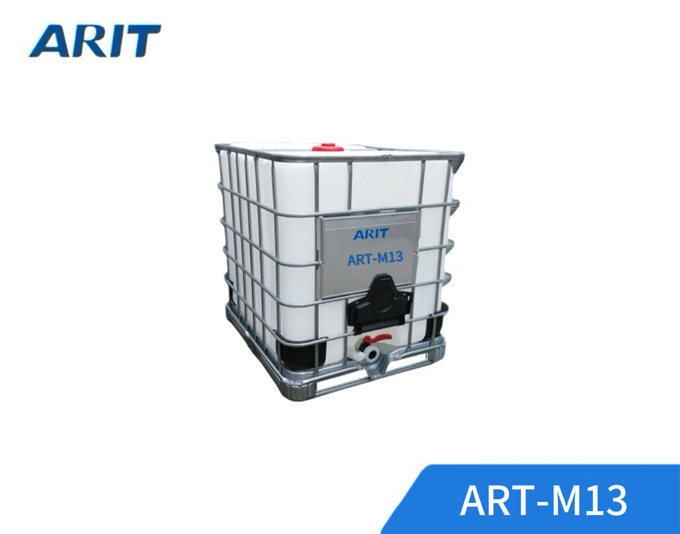Polycarboxylate Ether (PCE) technology represents a significant advancement in concrete admixture science, offering superior performance in terms of workability, strength, and durability. As a new generation of high-performance superplasticizer, PCEs have become essential in modern construction practices.

The negatively charged backbone adsorbs onto cement particles, creating repulsion. The long side chains physically prevent cement particles from coming together. Together, these effects disperse cement particles more efficiently, reducing water demand and improving flow.
Polycarboxylate Ether is a synthetic polymer used as a superplasticizer in concrete to enhance its properties. Unlike traditional superplasticizers, PCEs provide high water reduction capabilities while maintaining excellent workability, making them ideal for producing high-strength and self-compacting concrete.
PCEs can reduce water content in concrete mixes by up to 25% or more, leading to higher strength and durability.
The unique molecular structure of PCEs allows for better dispersion of cement particles, resulting in enhanced flowability and ease of placement.
By reducing the water-cement ratio and improving particle dispersion, PCEs contribute to denser concrete with fewer voids, enhancing long-term durability.
High-Performance Concrete: For structures requiring superior strength and durability.
Self-Compacting Concrete: PCEs facilitate the flow of concrete without the need for mechanical vibration.
Precast Concrete Elements: Improved workability and early strength gain are beneficial in precast applications.
Ready-Mix Concrete: Enhanced slump retention makes PCEs suitable for transportation over long distances.
PCEs can reduce water content in concrete mixes by up to 40%, compared to the 12–30% reduction achieved by SNF-based superplasticizers. This significant water reduction leads to higher strength and durability in concrete structures.
PCEs offer excellent workability with prolonged slump retention, minimizing the risk of slump loss during transportation and placement. In contrast, traditional superplasticizers often lead to rapid slump loss, necessitating additional water or admixtures on-site.
The setting time of concrete can be finely tuned using PCEs, allowing for both acceleration and retardation as needed. Traditional superplasticizers typically offer less control over setting times.
Concrete mixes with PCEs exhibit higher early and long-term strength due to improved dispersion of cement particles and reduced water content. This results in stronger, more durable concrete structures.
PCEs enhance the durability of concrete by reducing porosity and improving the microstructure. This leads to better resistance against water infiltration, chemical attack, and freeze-thaw cycles.
Polycarboxylate Ether technology has revolutionized concrete admixture formulations, providing enhanced performance characteristics that meet the demands of modern construction. Its ability to improve workability, strength, and durability makes it an indispensable component in the production of high-quality concrete.